Nursing Reflection: Complex Patient Care & Interprofessional Team
VerifiedAdded on 2023/01/11
|15
|795
|82
Presentation
AI Summary
This assignment presents a narrated PowerPoint presentation reflecting on the care of a complex patient encountered during a clinical placement. The presentation focuses on a patient presenting with chest pain, fatigue, and other symptoms, detailing their medical and psychosocial history, including Type II Diabetes, depression, and lifestyle factors. It provides a brief overview of the patient's pathophysiology, highlighting the potential links between diabetes, hypertension, obesity, and depression. The reflection utilizes Gibbs' reflective cycle to analyze the experience, including the author's feelings, evaluation, and analysis of the situation. The presentation identifies and discusses the involvement of interprofessional team members such as a nutritionist, counselor, and community nurse. The author concludes with an action plan for future practice, emphasizing the importance of cultural safety and patient-family partnerships. References to relevant literature are also included to support the analysis.
1 out of 15

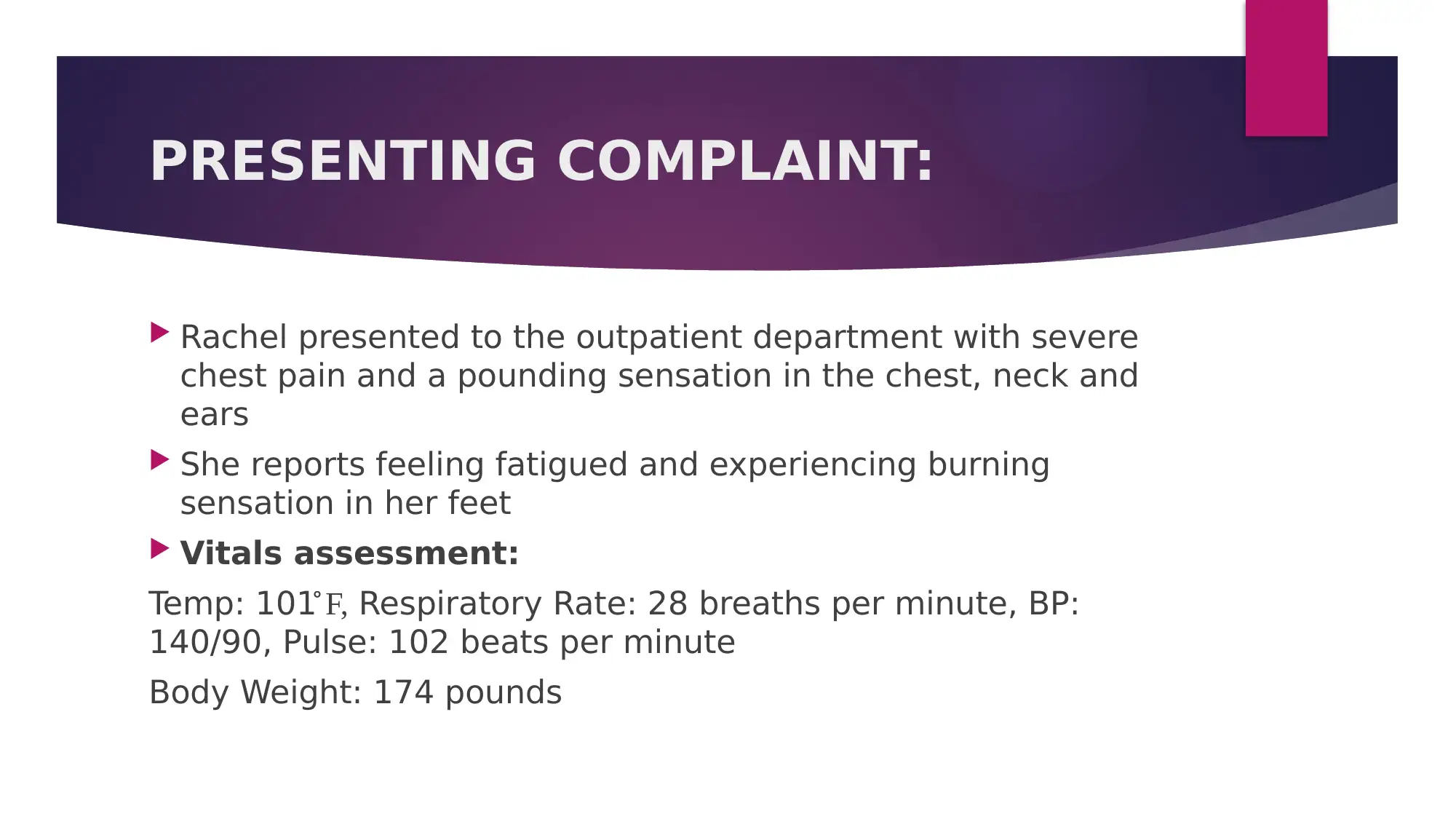
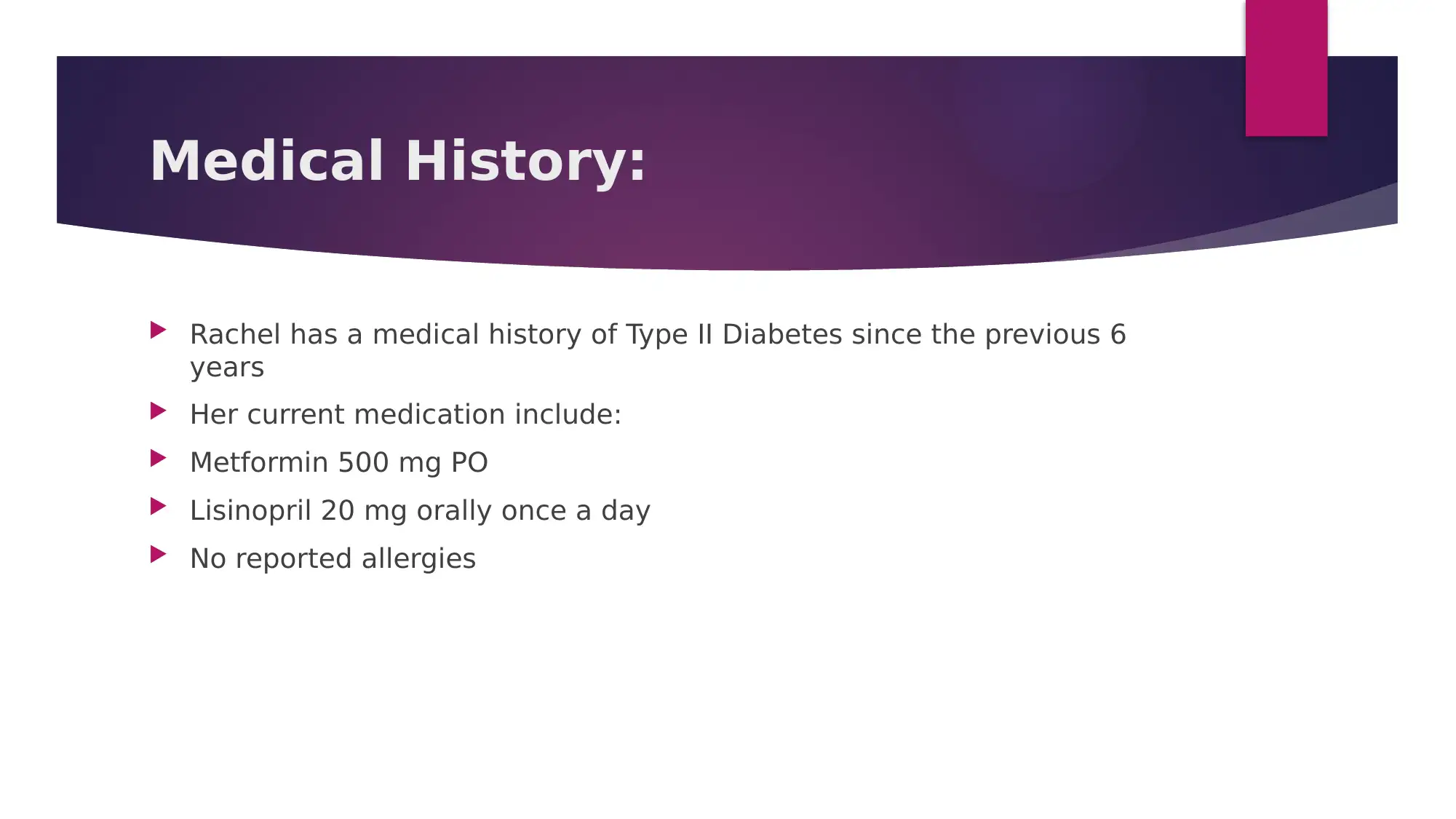

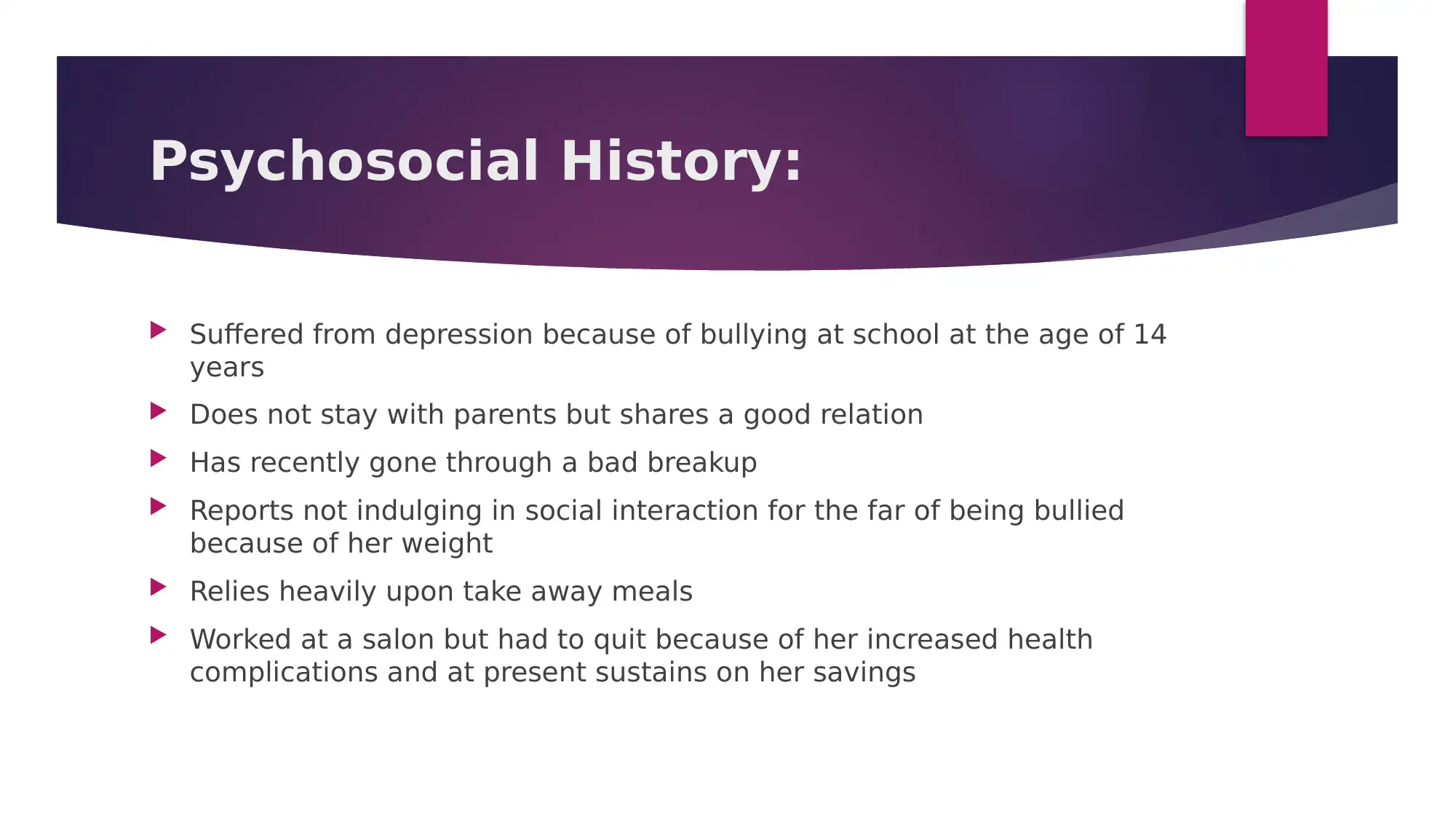
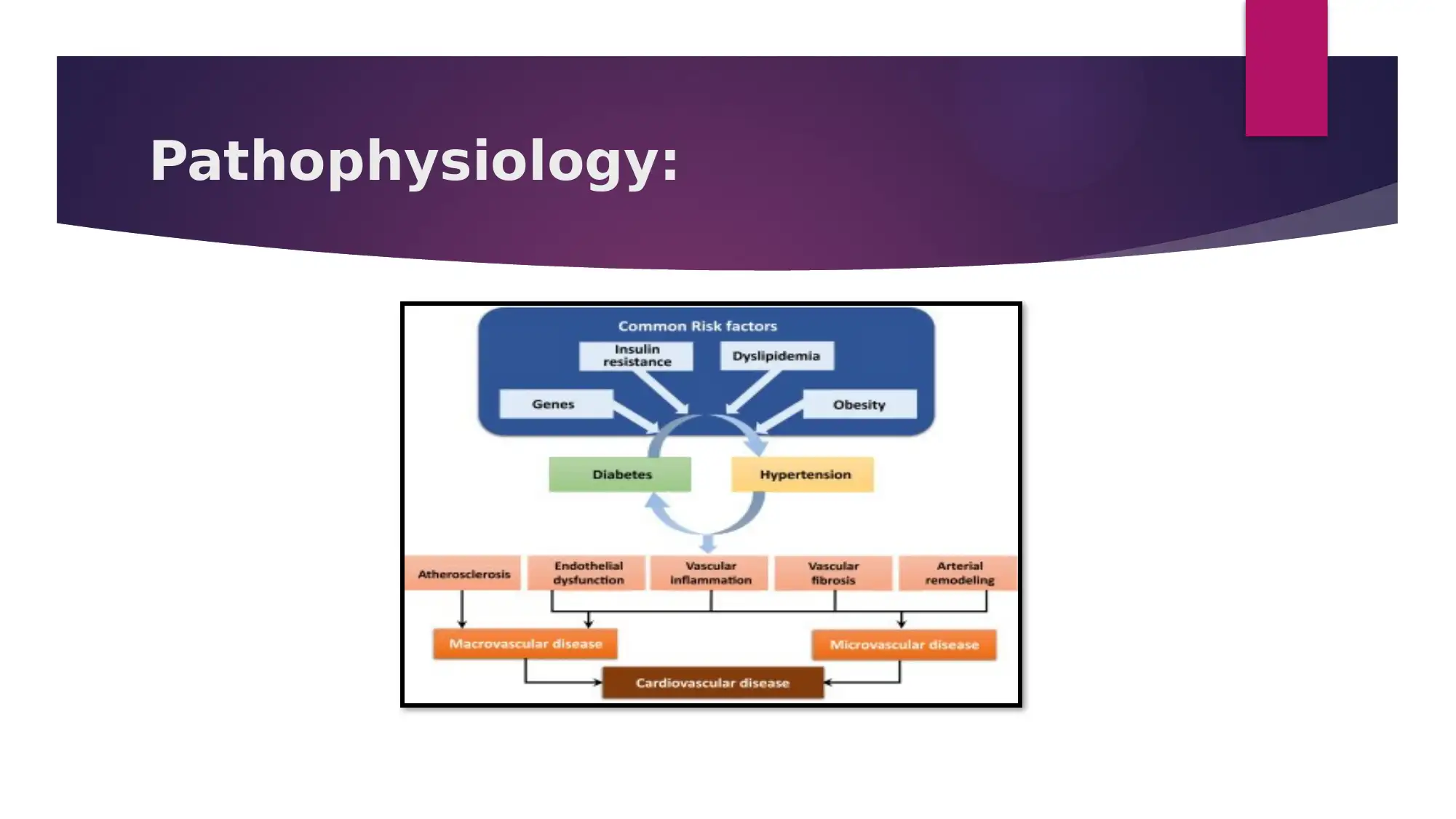

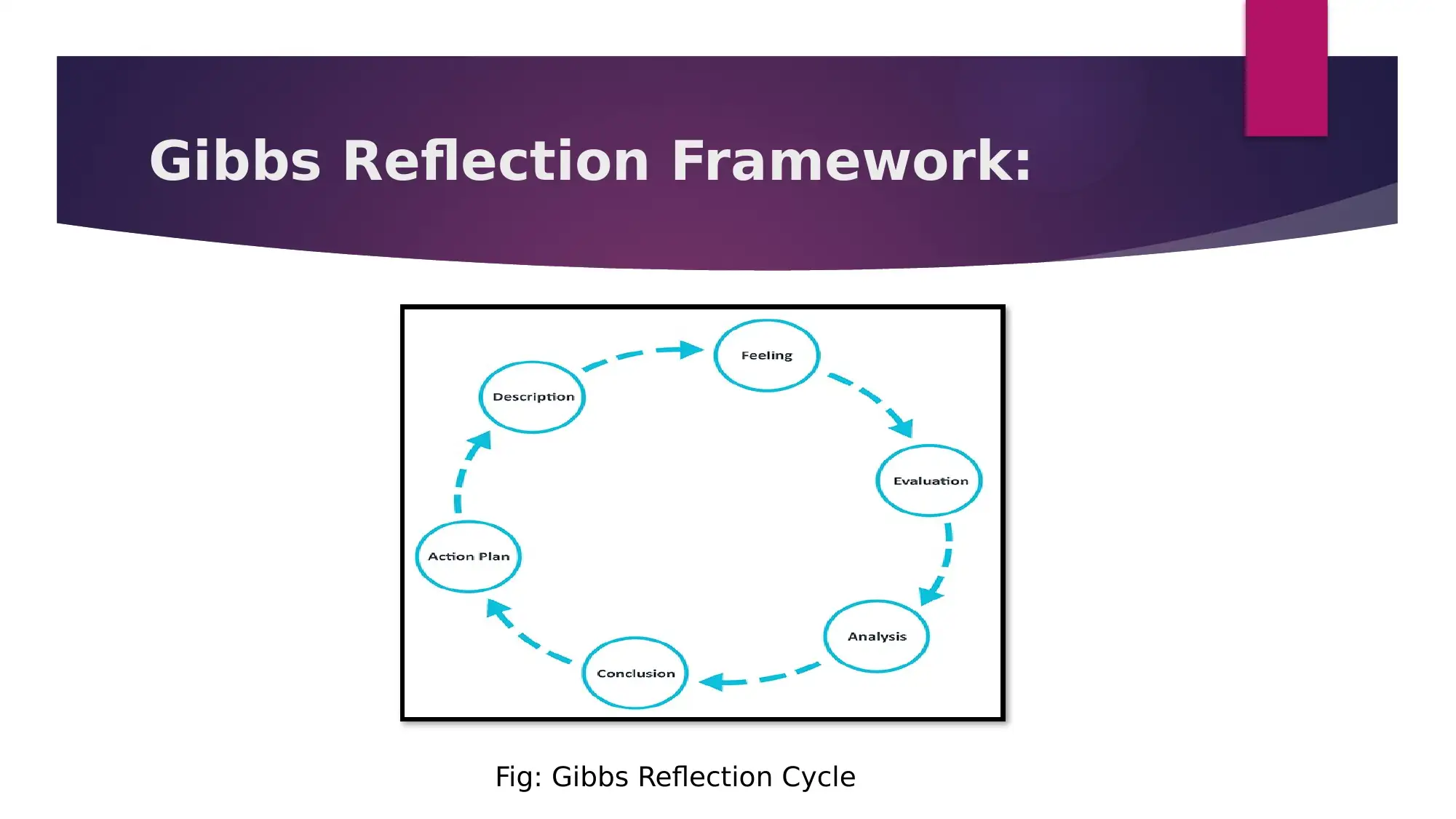
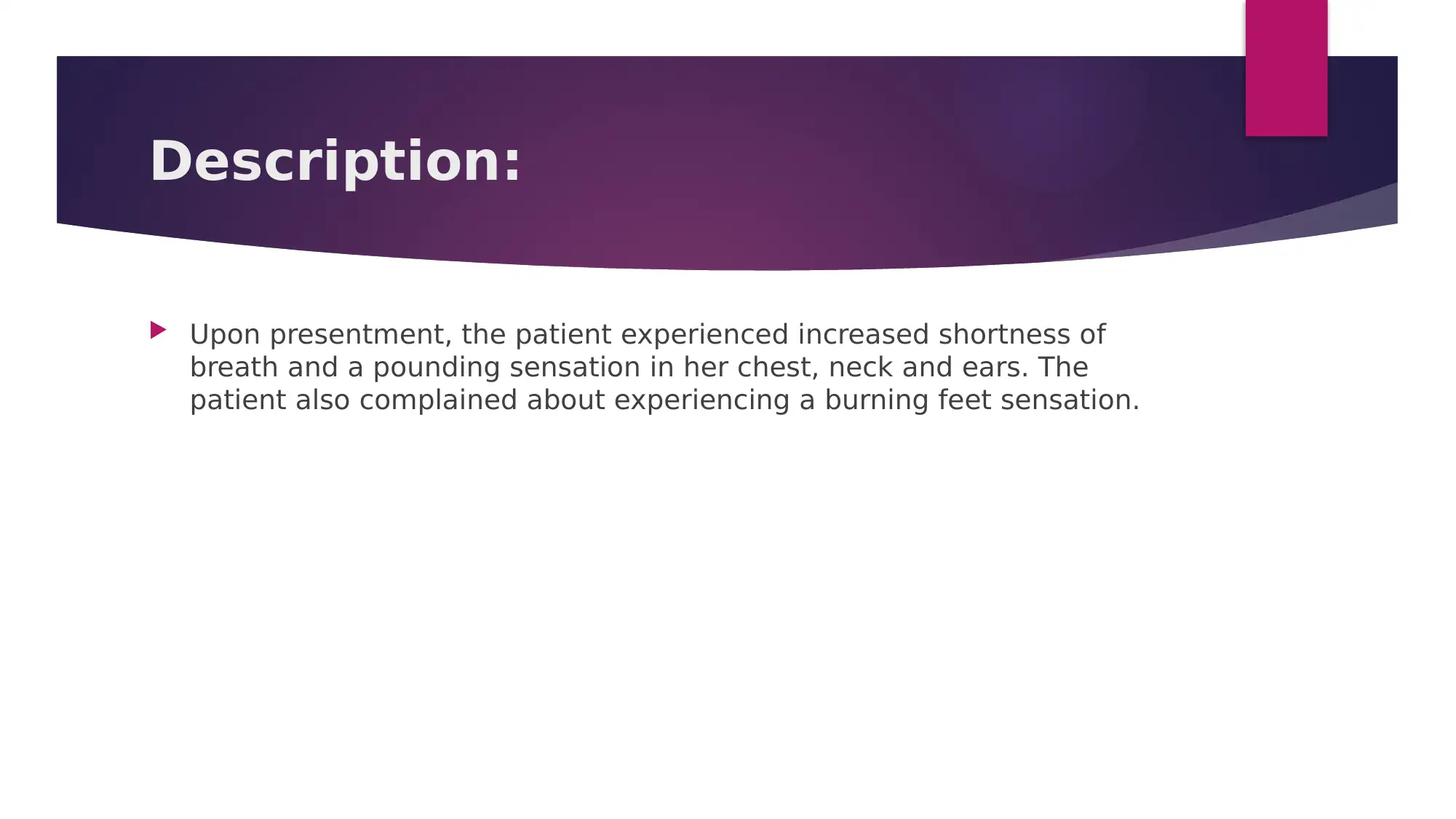
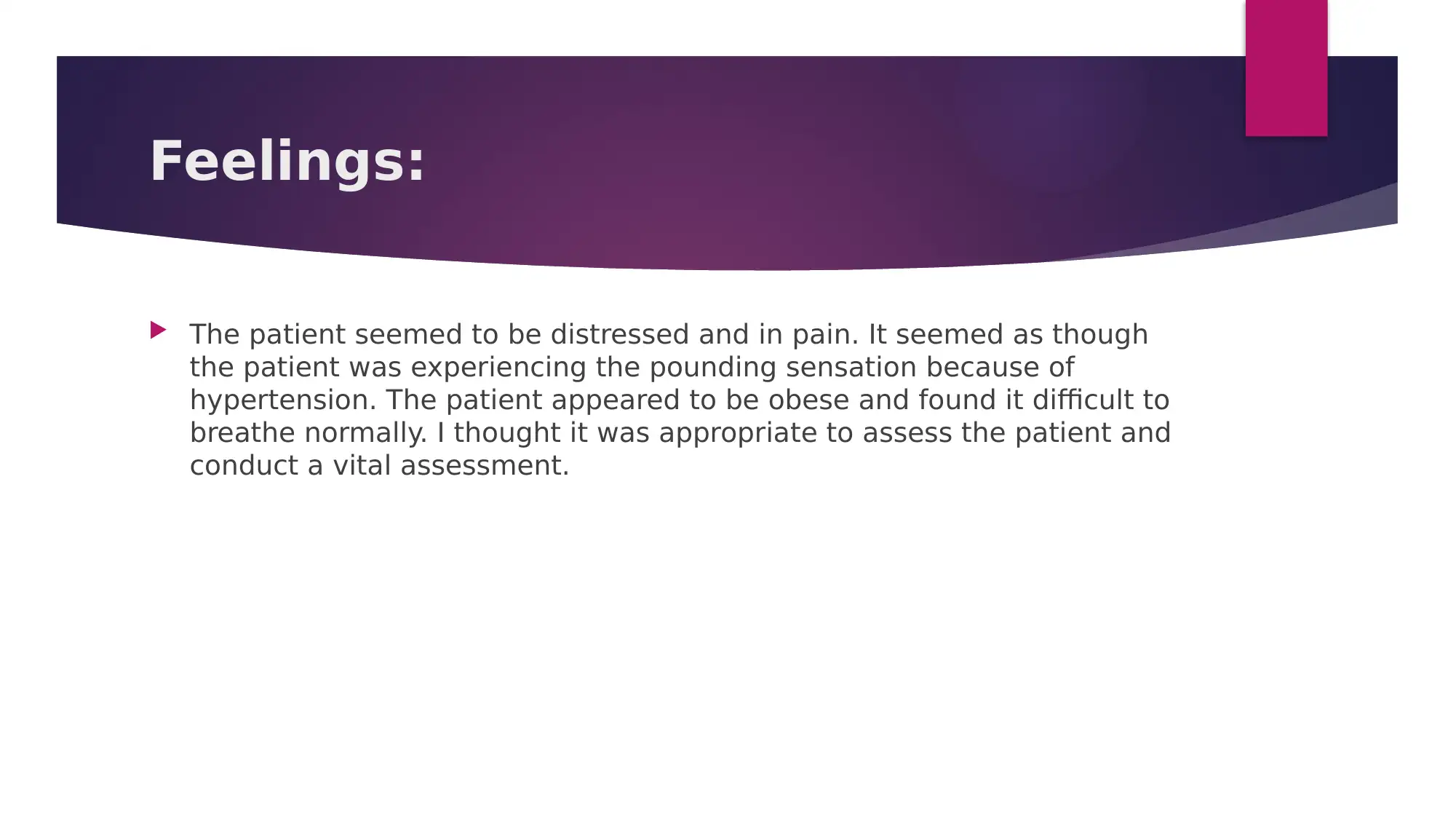
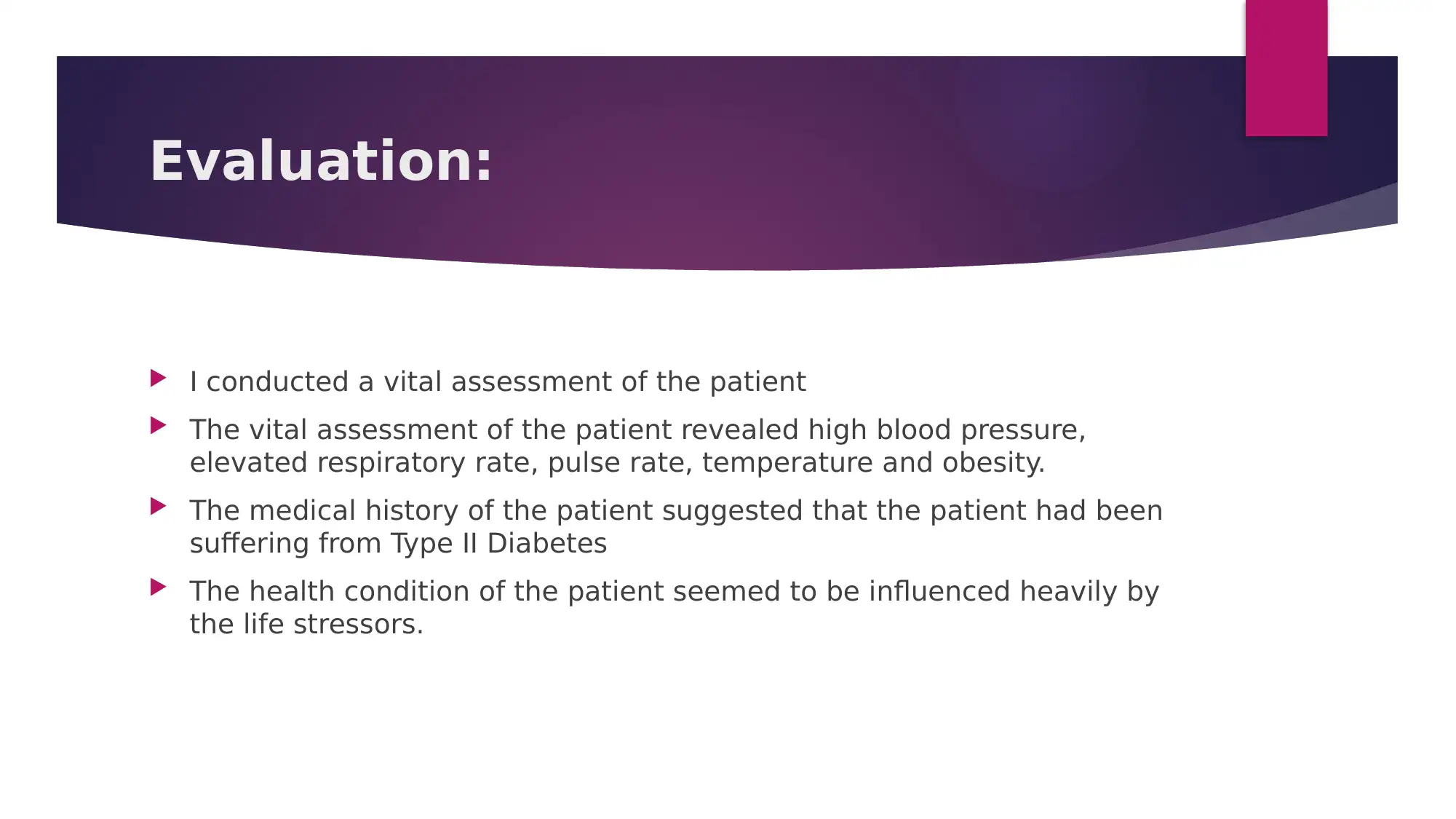
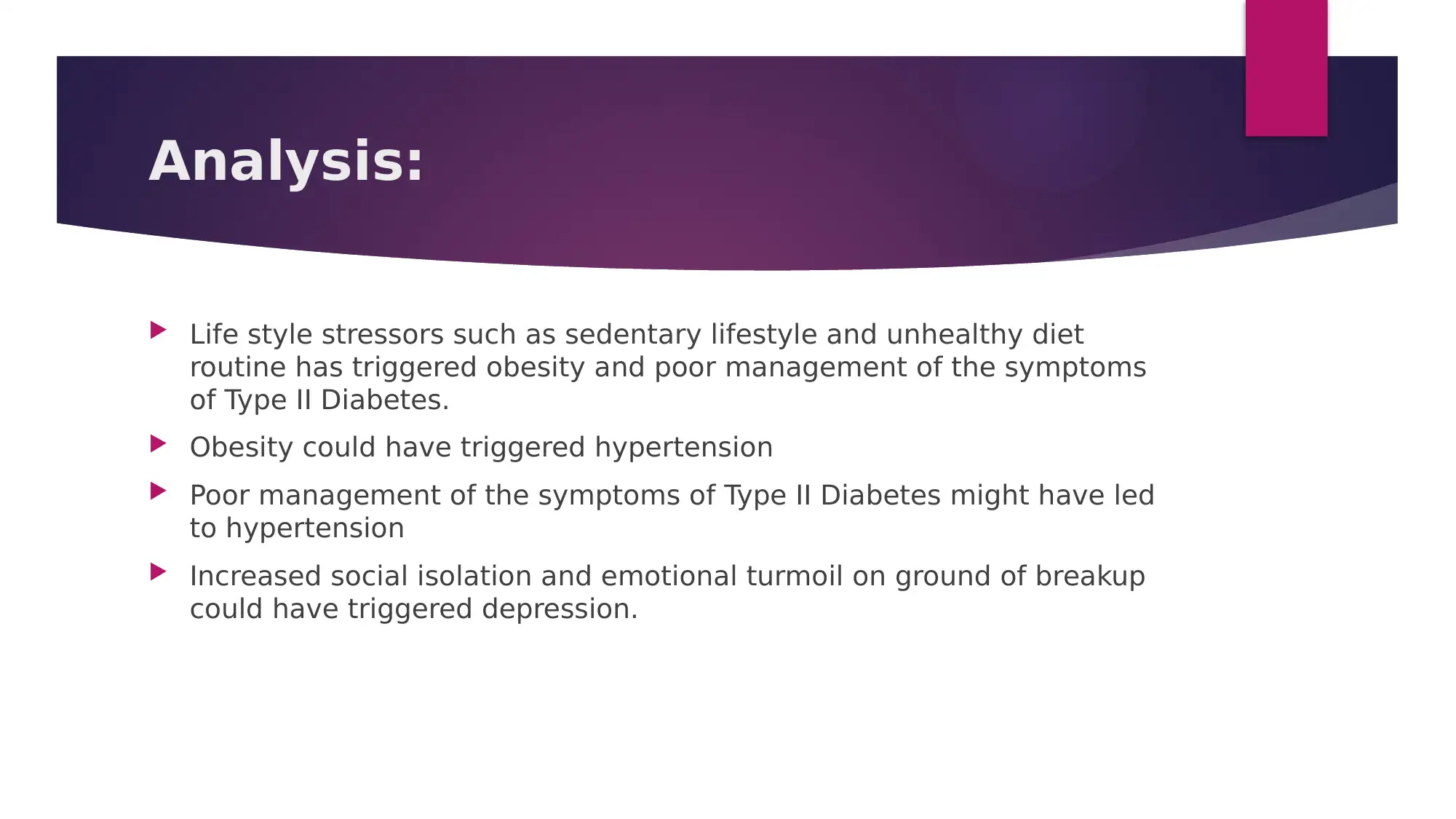
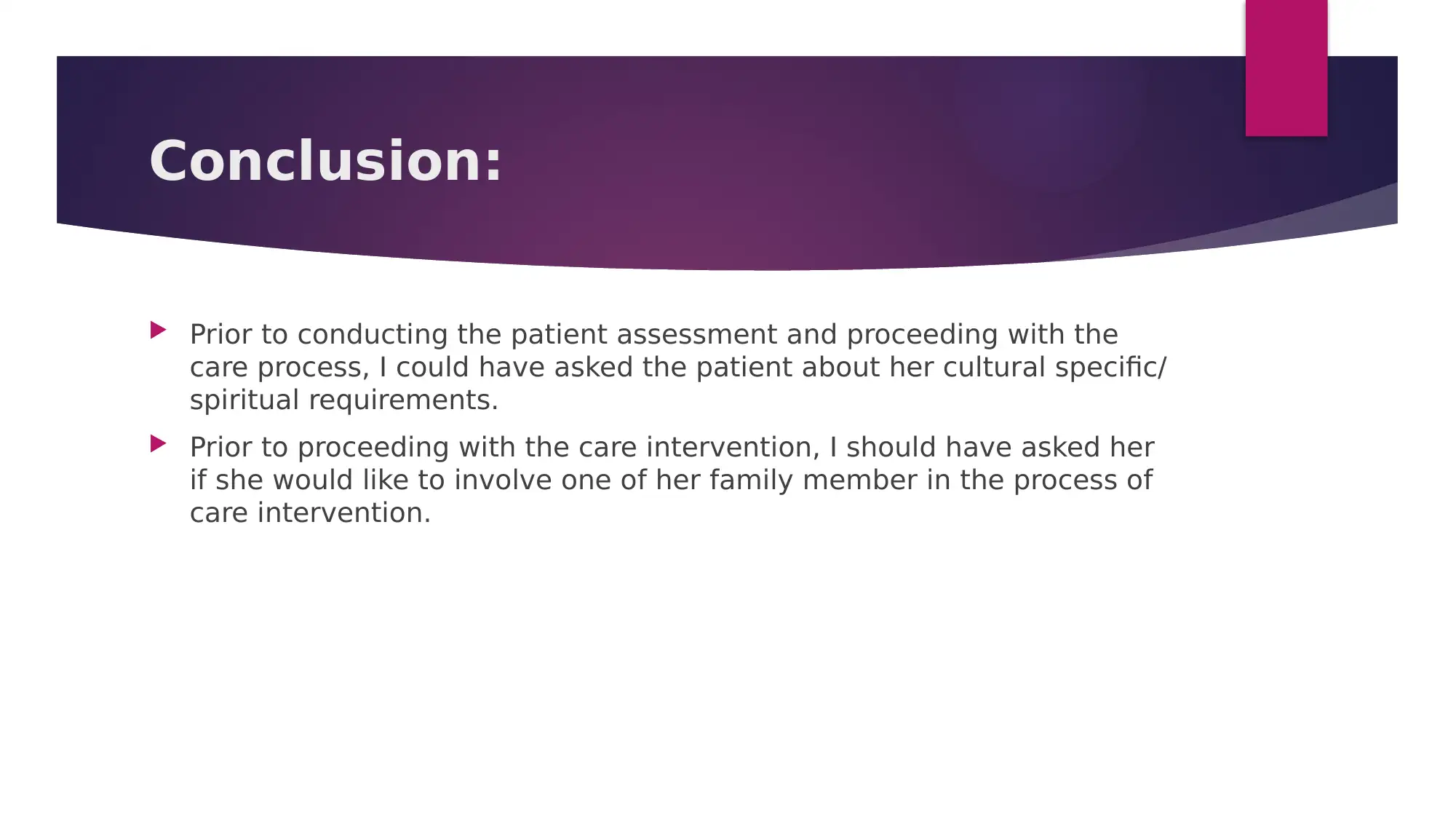





![[object Object]](/_next/static/media/star-bottom.7253800d.svg)